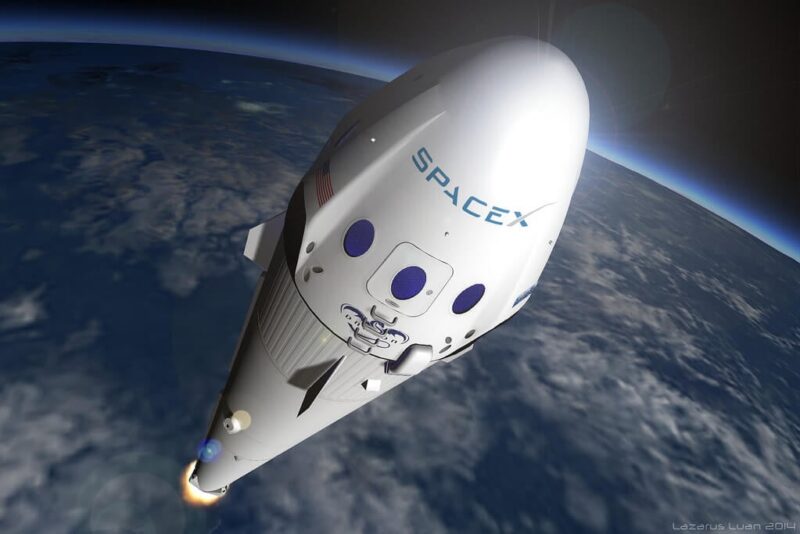The Italian government is in talks with SpaceX over a $1.6 billion telecoms security deal. The deal has been in the works since mid-2023, but has faced opposition from local telecoms providers and sparked controversy in the European community.
Italy’s Starlink deal could derail Europe’s space ambitions
According to Bloomberg, talks began in mid-2023 but stalled until Italian Prime Minister Giorgia Meloni’s recent meeting with Donald Trump in Florida. While the Italian government has categorically denied that SpaceX was discussed at the meeting, the talks with Elon Musk’s company have been officially confirmed.
The broadband project is a key component of an infrastructure spending plan designed to boost Italy’s economy. In November, Reuters reported that Italian Undersecretary to the Presidency of the Council of Ministers Alessio Butti said the government was considering using Starlink to help offset backlogs in the companies running Italy’s high-speed internet program.
The potential agreement could deal a major blow to Europe’s ambitious IRIS² project, a 290-satellite constellation designed to provide sovereign secure communications for European countries and their militaries. The $10.5 billion project is scheduled to be up and running by 2030, with one of its three main ground stations in Italy’s Abruzzo region.
“Sell-out of national sovereignty” or rejection of the idea of strategic autonomy?
The reaction of European politicians to the potential deal was harsh. Antonio Misiani, a former deputy finance minister for Italy and senator for the opposition Democratic Party, called the possible agreement “an unacceptable sell-out of national sovereignty.” Beniamino Irdi, a senior fellow at the Atlantic Council, noted that this decision could be perceived as a rejection of the idea of European strategic autonomy.
Analysts emphasize that the situation is complicated by the political context. As we wrote earlier, Elon Musk has recently been actively supporting right-wing political forces in Europe. In addition, he has a long-standing conflict with Thierry Breton, the former EU Commissioner for the Internal Market, who promoted both the IRIS² project and the Digital Services Act aimed at combating disinformation on the Internet. That’s another worry for European officials, who are concerned about direct competition and dependency: they fear not only SpaceX’s dominance in the global launch market, but also Musk’s growing influence on European politics.
European strategic autonomy is practically impossible because of internal protectionism
And not only in Europe — on the American continent, Musk’s influence is growing with each passing month. He allows himself not only to criticize the Democrats, but also to set ambitious goals (with an eye on the fact that under Trump’s rule, the probability of achieving them will be as high as possible). A striking example: the announcement that SpaceX plans to increase the number of ships for flights to Mars. Musk has already managed to express concern about the influence of government bureaucracy on the Starship program, noting that it slows down all major projects in the United States. He also emphasized that further growth of bureaucracy under the Democratic Party administration could destroy the Mars flight program and threaten the future of humanity.
At the same time, we should not forget about the policy of internal protectionism: European strategic autonomy is practically impossible because European countries are fixated on their own internal interests. And the geopolitical factor of disunity (conflict of external interests) only confirms this statement.
In addition, the functionality of the newly created post of Commissioner for Defense and Space is still unclear. It is surprising that Kubilius’ new portfolio largely overlaps with the duties of the French Commissioner. However, in both cases, we are talking primarily about strategic ground defense rather than about space development and the technological innovations that are so important and necessary today.




